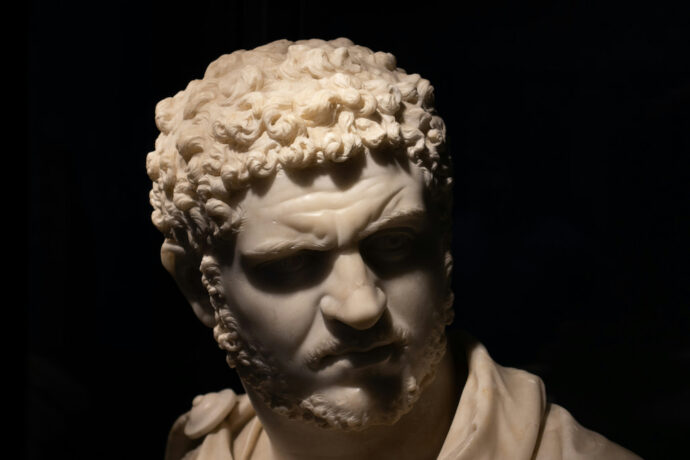7 fun facts and a brief look at Nero
Depending on what you’ve heard about Nero, you might not think there can be any “fun facts” about him. But, you would be mistaken. Emperor Nero was the last emperor in the Julio-Claudian dynasty. He was born in A.D. 37, became emperor in A.D. 54, and committed suicide in A.D. 68.
In 14 short years as emperor, Nero became one of the most infamous men in history. His history is muddled with myth, making it difficult to distinguish the facts from the legends surrounding him. Nero’s mother, Agrippina, married the emperor Claudius and made sure that her son was adopted and received all the benefits of the lineage. Agrippina all but ruled the empire for Claudius, and expected to do the same for her son. However, Nero had her murdered less than two years after becoming emperor.
All’s Well, That Ends Well
As emperor, and despite his legacy, Nero enjoyed popular support. Even the killing of his mother was quickly forgiven and explained away by contemporary senators and philosophers. While contemporaries appreciated much of his work for Rome and the arts, they began to turn on him over the treatment of his wives. He murdered his first wife after banishing her and possibly killed his second after kicking her pregnant belly. His brutal and sadistic execution of Christians wasn’t unpopular at the time, but as Christians rose to prominence in the empire, Nero’s actions were viewed in a much harsher light.
7 Fun facts
- He was tutored by the great stoic philosopher Seneca
While it might not seem like it, Nero received training in the most stringently virtuous school of philosophy. Seneca ended up being an apologist for Nero, however, even writing his excuse for the execution of his mother to the Roman senate. - It was risky being close to Nero
Nero was responsible for the deaths of many of his most intimate acquaintances, including his mother, his first and likely second wife, and his tutor and trusted advisor Seneca whom he ordered to commit suicide. - Nero did not play the fiddle as Rome burned
This is perhaps the most enduring legacy of Nero and it is patently false. Nero was not in Rome when it caught fire (though he quickly returned) and the fiddle had not been invented yet. - Nero did make use of the area cleared by the fire
Nero rebuilt much of Rome after it burned to the ground and contemporaries praised his efforts to bring the city back from the ashes. Much of the Roman city center was the result of Nero’s efforts. - Nero loved Greek Culture
Nero was passionate about Greek culture. Greece had been under Roman rule for two centuries, and Nero visited Greece and participated in stage plays, musical performances, and athletic competitions, including the Olympics. He gave them their freedom, which meant tax exemption. - The Greeks “loved” Nero
The Greeks delayed the Olympics by a year just so Nero could compete in them. He won numerous events, including a chariot race where he fell out of the chariot and didn’t finish. He brought home 1,808 first prizes for his artistic presentations. He performed in plays and played concerts. Surely none of the awards were granted because he was the ruler of the Greeks and known for his sadism. - Nero fell out of favor over money
After all that Nero did to gain his bad reputation, it was a lack of money and high taxes that ultimately cost him the empire and his life. After the Pretorian Guard abandoned him, Nero committed suicide. Even in death, he was still quite popular with many Romans.
